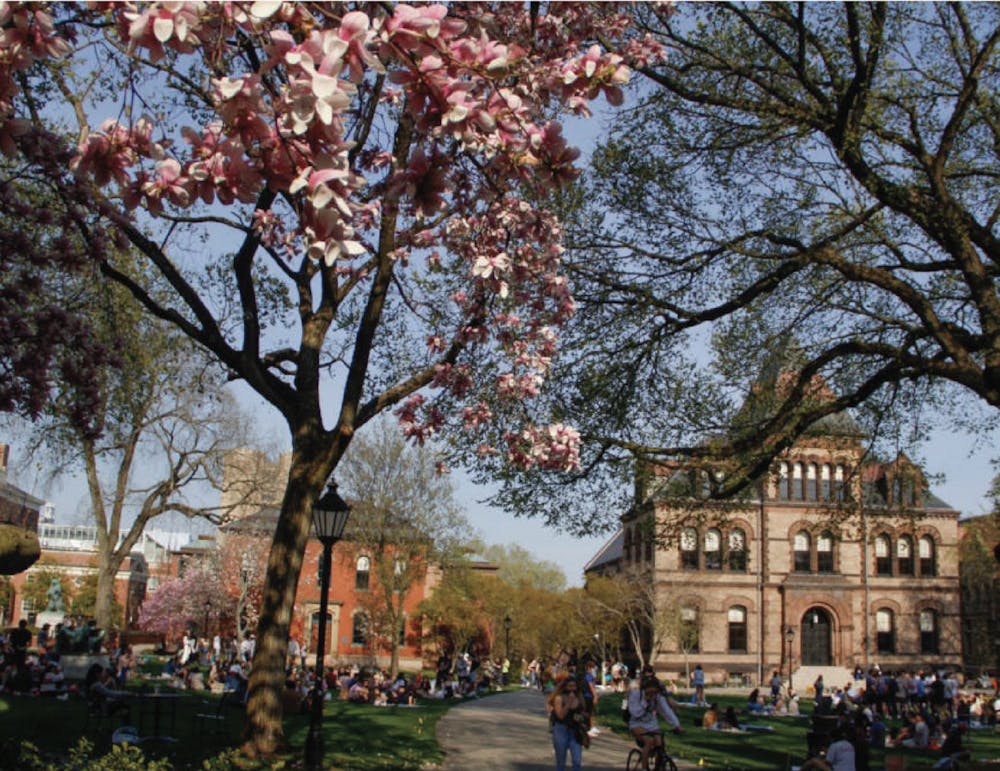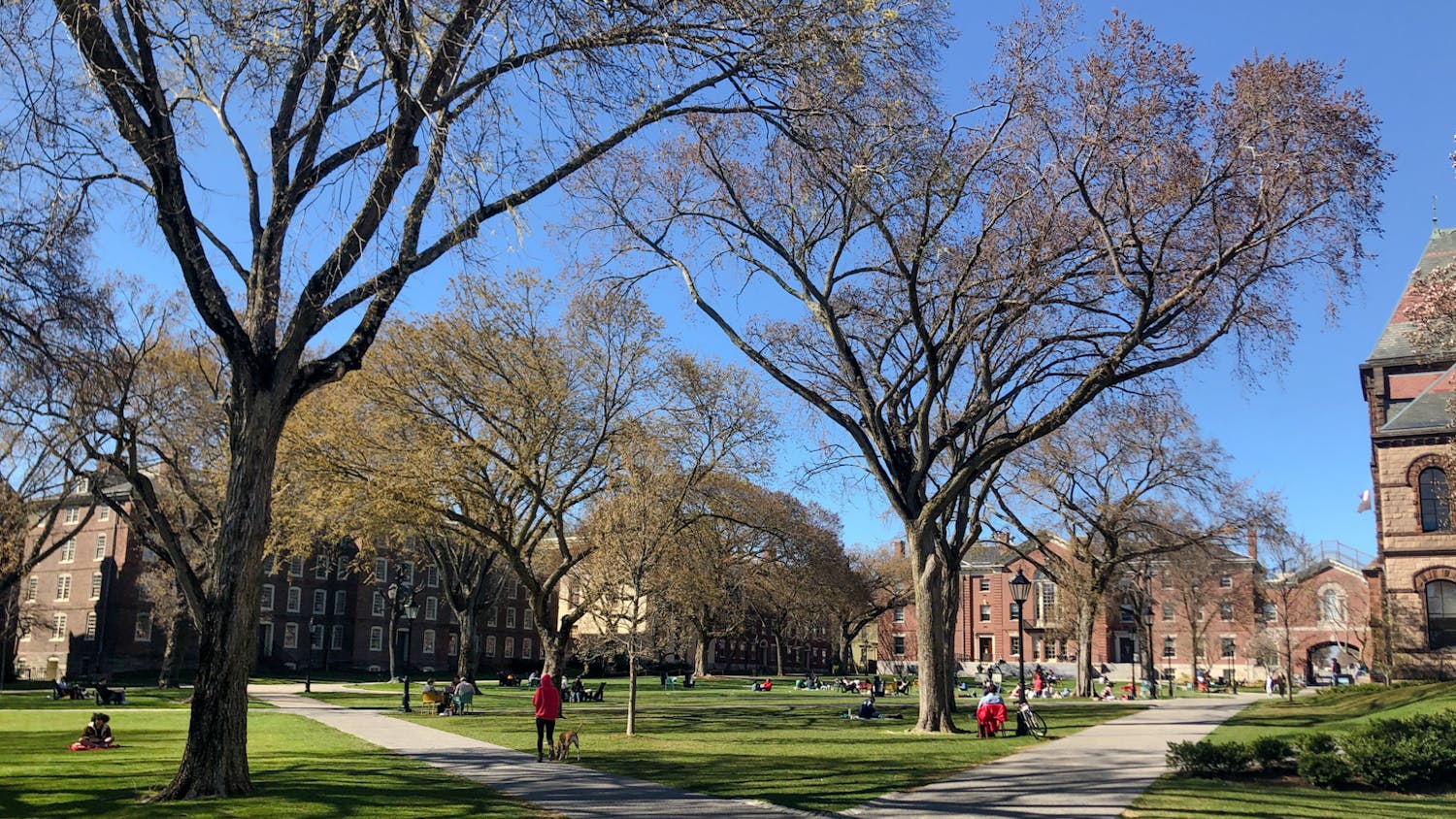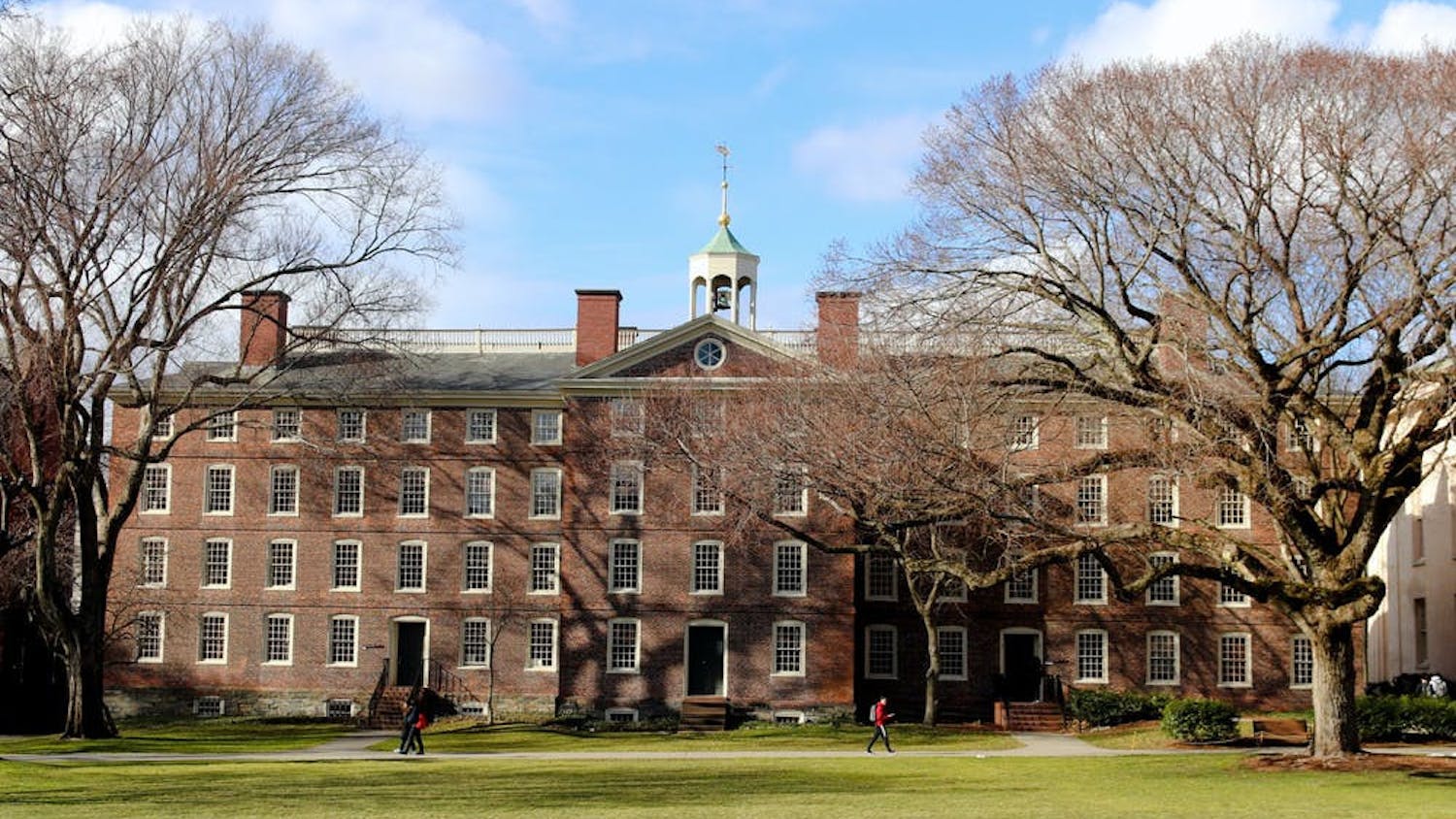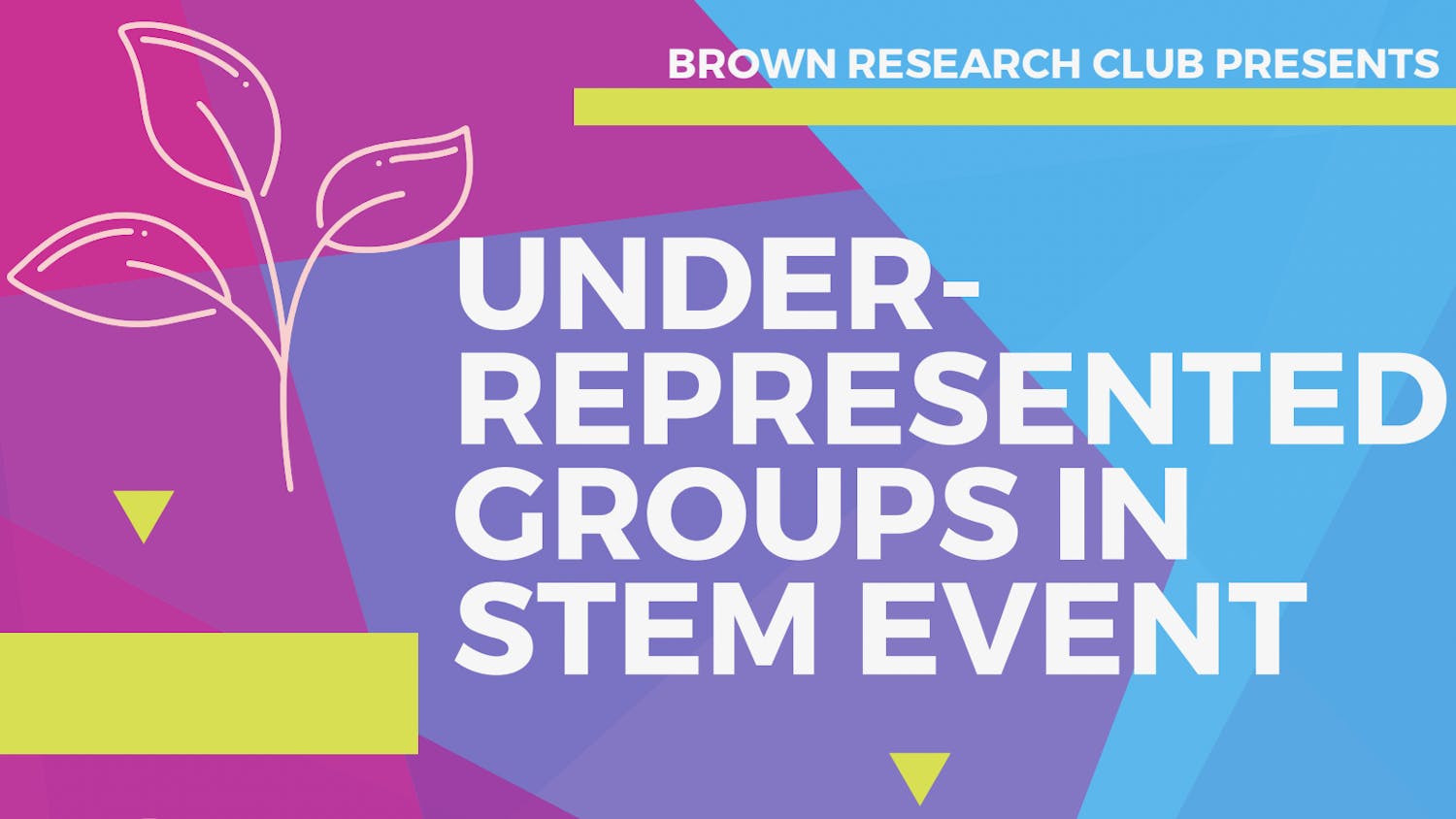Members of the University's faculty and administration passed a motion at the April faculty meeting to establish the Institute for Biology, Engineering and Medicine — referred to as I-BEAM — effective July 1. The motion passed with 88% of the vote.
Vicki Colvin, professor of chemistry and engineering, outlined the missions of I-BEAM to the faculty. These include exploring opportunities for “excellent academic research” at the intersection of biology, engineering and medicine; creating further partnerships with hospitals, clinicians, start-ups and established companies; fostering a diverse and inclusive intellectual community; and educating young researchers about the interface between these disciplines.
Colvin explained that the institute formed partially to better embrace intellectual opportunity, as “biology is, both in measurement and computation, becoming much more quantitative.” Addressing acute social needs, such as by exploring new approaches to problems of “equitable and effective healthcare,” also drove the vote, she added.
“We have an ability and capability now to think much more broadly about the kinds of scholars who could operate at this interface” of biology, engineering and medicine, Colvin said. “One of the biggest contributions of this institute will be bringing in people from physical sciences more broadly, biology more broadly, as well as medicine, together under the umbrella” of I-BEAM.
Supporting Ukrainian, Russian students
Provost Richard Locke P’18 discussed the University’s recent efforts to continue its support of both Ukrainian and Russian students in light of the Russia-Ukraine war. The University, in communication with these students, has worked toward providing them with ongoing “trauma-informed advising and therapy,” as well as financial support.
“The University is unequivocal about its support to our students in the case of financial hardship as a result of this crisis,” Locke said. The University is working with the Office of Financial Aid and student services teams in the College, Graduate School and School of Professional Studies to support students financially impacted by the war, he added.
The University also offered “admission to 13 undergraduate students who have Ukrainian citizenship and whose residency is declared in Ukraine,” Locke said. “We communicated to them earlier than the other (students admitted through regular decision to the class of 2026) so that we could begin the visa process and make sure that they understood that they had a safe place to come.”
Locke also advised faculty members to attend an upcoming roundtable discussion at the Sheridan Center about “how we can support our international and international-identifying students.”
Faculty research
Locke presented the University's plans to double its research enterprise in the next five to seven years by supporting existing research projects, increasing the number of scholars conducting research and both increasing and improving research space at the University.
The University aims to share its plans for expanding research enterprise with the Corporation at its May meeting and begin the architect selection process to construct new research infrastructure by the end of the semester, Locke said.
This is “perfectly aligned with our strategic plan and our mission … to develop and also disseminate knowledge,” Locke said. “It strengthens the cutting edge research that's taking place here. It strengthens the education mission that we're doing here. And — given our research that we hope to translate into all sorts of new cures, therapies, inventions, etc. — it's actually good for society as well.”
CCC report
Besenia Rodriguez, deputy dean of the College for curriculum and co-curriculum, presented the College Curriculum Council’s annual report, which was made available to faculty in advance of the meeting.
The CCC is a group of faculty, students and administrators tasked with overseeing the undergraduate curriculum.
The report announced CCC’s approval of a new undergraduate concentration in Critical Native American and Indigenous Studies, as well as a new subject code NAIS to “highlight those courses and … simplify the process for students interested in doing deeper study in that area,” Rodriguez said.
The report introduced new concentration tracks that have been added to the Economics and Social Analysis and Research concentrations. It also announced the creation of a new undergraduate certificate option in Migration Studies. There is also a set of guidelines under review with the Graduate Council regarding fully-online courses.
The CCC also decided to remove measures previously in place that prevented students from receiving both academic credit and compensation for “any given work experience that has a learning element,” Rodriguez said. This could allow teaching assistants at the University to earn academic credit for their work and give students with higher financial need the ability to pursue programs such as Brown in Washington.
In the coming months, the CCC hopes to work on “simplifying and easing” the policies under which the council reviews courses, said Dean of the College Rashid Zia. This could include allowing faculty to autonomously increase enrollment limits in their courses and providing a more streamlined process for offering summer classes.
Under recommendation from the Nominations Committee, the faculty also approved the appointment of Mary-Louise Gill, professor of classics and philosophy, for a one-and-a-half year interim position on the Faculty Executive Committee for this semester and the 2022-23 academic year.
The meeting also featured moments of silence for the passing of Albert Dahlberg, professor emeritus of medical science, and Talbot Page, professor emeritus of economics and environmental studies.
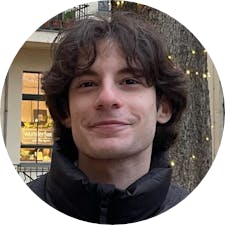
Alex Nadirashvili was the managing editor of multimedia and social media for The Brown Daily Herald's 133rd Editorial Board. As a former University News editor, he covered faculty, higher education and student life, though his proudest legacy is The Brown Daily Herald TikTok account.

